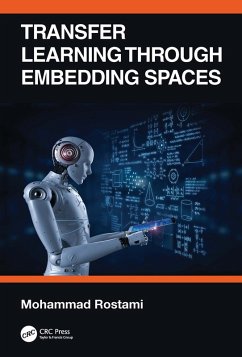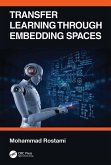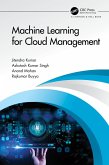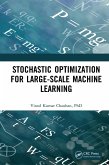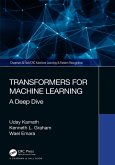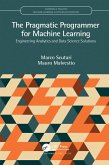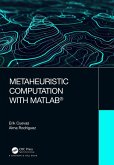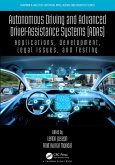Transfer Learning through Embedding Spaces provides a brief background on transfer learning and then focus on the idea of transferring knowledge through intermediate embedding spaces. The idea is to couple and relate different learning through embedding spaces that encode task-level relations and similarities.
Dieser Download kann aus rechtlichen Gründen nur mit Rechnungsadresse in A, B, BG, CY, CZ, D, DK, EW, E, FIN, F, GR, HR, H, IRL, I, LT, L, LR, M, NL, PL, P, R, S, SLO, SK ausgeliefert werden.
Hinweis: Dieser Artikel kann nur an eine deutsche Lieferadresse ausgeliefert werden.

